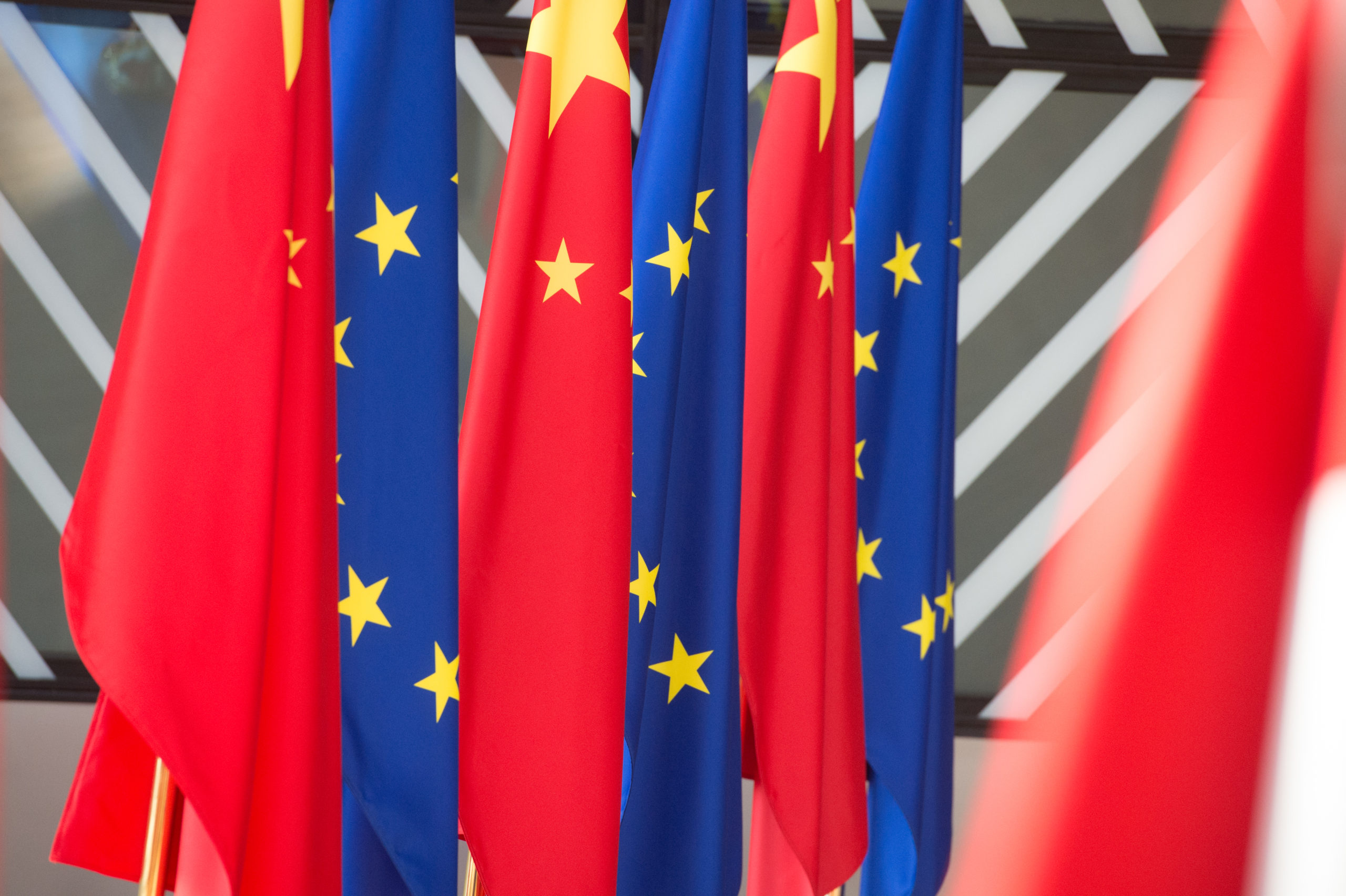Among trade agreements and military consolidation, European countries are redefining their strategy in Southeast Asia
Europe has recognized the potential of the Indo-Pacific and is redefining its strategic priorities in this regard. The first European power to acknowledge the importance of the region was France, led by Emmanuel Macron, which in 2017 published the plans for a greater regional participation, immediately followed by Germany and the Netherlands. Together, the three countries are pushing to outline the European strategy for the Indo-Pacific, which is expected to be published in 2021.
The interest of the European Union in Southeast Asia is certainly not new. In 2017, the stock of foreign investments directed to ASEAN countries reached the value of 337 billion euros, far exceeding the commitment of any other foreign investor and, in 2020, trade between China and the EU reached the figure of 480 billion euros. Not to mention that about 12% of the annual trade flow of some European countries, including France and Germany, passes through the South China Sea.
With this in mind, the guidelines for the regional strategy adopted by the German government last September establish the principle of freedom of navigation and call for deeper cooperation. Australia welcomed the German and European Union presence in the region by sending diplomats to all European capitals to show support to the initiative. France was also well received by India, which supported its entry into the Indian Ocean Rim Association - an association that brings together countries bordering the Indian Ocean having goals of regional cooperation and sustainable development - making Paris the first non-regional member of the group.
The most visible component of the renewed European interest in the Indo-Pacific is the conspicuous deployment of military resources; Paris recently entered into an agreement with India for the mutual use of naval bases, which also establishes the allocation of military units and ships in the French "areas of responsibility" of New Caledonia and Polynesia. The United Kingdom, albeit no longer part of the European Union, will also send a group of aircraft carriers to the region by the end of the year and it is an active member of the Five Powers military alliance, which also includes the former British colonies of Australia, New Zealand, Malaysia and Singapore.
The military presence, however, is secondary to the economic influence. Over the past three years, the European Union has woven a mosaic of free trade agreements, concluding two with Vietnam and Singapore and opening negotiations with Australia. The EU has also agreed on a Strategic Partnership with ASEAN looking for a future trade agreement.
These reference scenarios, apparently far from the Italian geographical context, highlight some food for thought for the foreign policy of our country. The strong opening of the Indo-Pacific area towards Europe should be more exploited by Italy which has enormous potential for increasing bilateral cooperation in almost all sectors. ASEAN alone is the fifth largest global economy and fourth largest trading power in the world and, in recent years, the region has gradually opened up to trade and investments. Consequently, the ASEAN countries have a deep interest in Italy and Europe. To give another example, the commercial exchange between Italy and India, now at around 9 billion euros, is well below the potential that the two countries could express. While Italian investments have increased in various sectors (advanced manufacturing; automotive; energy transition; infrastructure; agri-food and IT), Italy is just the 5th country in the EU for trade with India.
With the launch of the Biden presidency, it is also questionable whether the European strategy in the Indo-Pacific will undergo any changes, since European interest in the region coincided with the gradual disengagement of the United States from the international scenario. Well, the EU leaders, by reassuring their citizens and the Indo-Pacific countries have declared that the European Union does not intend to step aside and that it will not give up its strategic autonomy just because the United States have returned. If, in fact, it is true that the Indo-Pacific area will constitute one of the major economies within the next few years, it represents an indispensable opportunity for Italy and Europe, not only for the prospects offered by an ever-increasing integration of the respective economies, but above all to build a solid economic, political and military partnership based on common interests and values.






